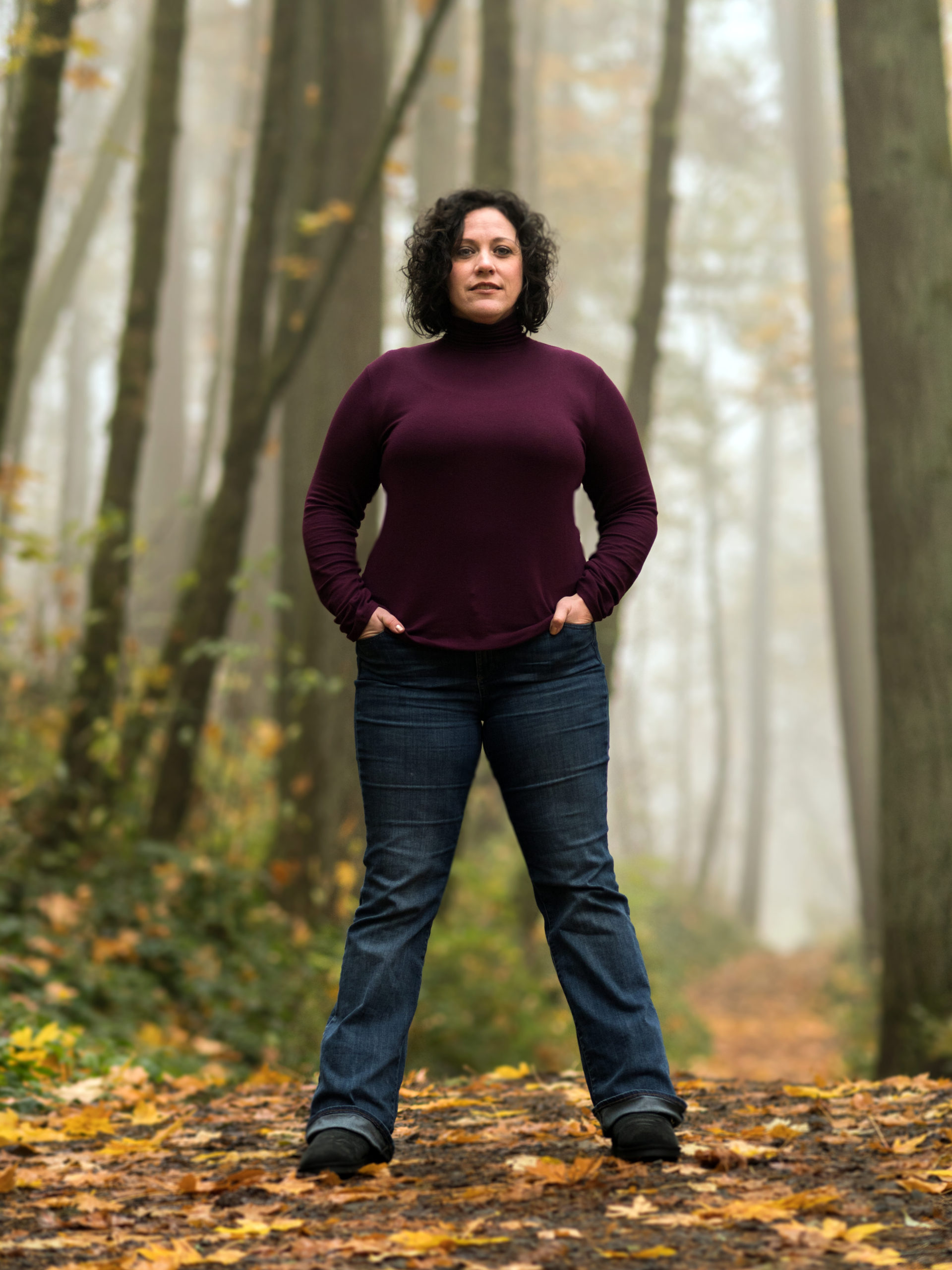Ruby McConnell may not be a woman written about in history books, but she is a woman making history today.
The majority of wilderness survival guides are written by men from a male perspective. McConnell’s book, “A Woman’s Guide to the Wild,” is a guide to the outdoor’s from a woman’s perspective.
McConnell highlights the difference between the masculine and feminine binaries that restrict people in their survival knowledge. She compares how boys in the United States are typically taught outdoor skills when they’re coming of age while girls have cosmetic rituals like ear piercings or cooking. This could leave adults stuck in their gender roles either bearing the burden of always navigating the trail or feeling lost in the wild.
“You don’t have to have a masculine outdoor experience,” McConnell said. “Everyone’s outdoor experience is unique and valid just as everyone’s personhood is unique and valid.”
McConnell aims to empower people of all ages who have been excluded from the outdoor experience because of their gender. Having a connection to the natural environment at a young age, she argues, increases confidence and understanding of systems in adults.
“It’s important to get young women outside because it teaches them confidence in problem-solving, resilience, curiosity and self-reliance,” McConnell said. Her outdoor youth programs provide an opportunity to practice courage.
McConnell studied environmental geology at the University of Oregon and Northern Arizona University. The geology department where she studied was male-dominated, but McConnell was surrounded by inspiring female professors and advisors. McConnell led a geological worksite of 20 men making phallic jokes and asking when the real geologist would show up. Despite leading the crew, she was paid less than her male counterparts.
“I had the letters behind my name that I was often the person in charge,” McConnell said. “But I still had to push back.”
McConnell perseveres against misogynistic limitations by writing her own books, working for herself and exercising her voice as an activist. She has spent her career involved in environmental acts from organizing a local March for Science which attracted over 100 Eugenians after Trump’s inauguration to geohazard clean-up at the Hanford Nuclear Site.
McConnell is most proud of the conversations prompted by “A Woman’s Guide to the Wild.” When people started discussing their relationship with the natural world, their lack of exposure came up consistently.
“People forget environmental issues are universal,” McConnell said. “They impact all other issues. Environmental issues are social justice issues. Environmental problems play out disproportionately across human bodies.”
McConnell’s intersectional lens includes racism, sexism, classism and environmental injustice as symptoms of the same cause.
“People think environmental issues are apolitical. But they are deeply political and deeply historical. They are rooted in issues of social justice and displacement of indigenous people,” McConnell said.
As a geologist and environmental scientist, McConnell understands the nature of interconnected systems. Understanding how systems function on the planet includes how humans are a part of that system. Environmental science is McConnell’s contribution to mending all these issues.
Her advice to women pursuing their careers and education in Eugene, Oregon and beyond is to keep going.
“Hold the line for yourself,” she advised. “Set good boundaries.” Her goal as an activist is to promote change by reworking interconnected systems on the planet.
“Create change in a way that is not destructive in and of itself,” McConnell said.




